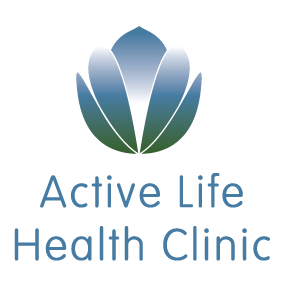 I didn’t participate, but I applaud those that did the Vancouver Sun Run this past weekend. It took dedication and training to be able to get out there and enjoy it. Some, unfortunately, are now injured and sore. Some had to skip the event due to injuries acquired leading up to the big day. Some injuries are unavoidable and fluke. Others could have been predicted—overtraining or undertraining or improper preparation.
I didn’t participate, but I applaud those that did the Vancouver Sun Run this past weekend. It took dedication and training to be able to get out there and enjoy it. Some, unfortunately, are now injured and sore. Some had to skip the event due to injuries acquired leading up to the big day. Some injuries are unavoidable and fluke. Others could have been predicted—overtraining or undertraining or improper preparation.
I don’t like to run. I will run, if I have to—like if I’m late for yoga class or running away from doing chores. Growing up, I chose figure skating, volleyball, dance, and diving; not soccer, basketball, or track and field. But, though the specifics of training regimens changes based on the sport or activity, there are some basics that can be followed for any activity.
1. Pick a training routine that you can do
I usually make at least one mistake in pushing myself too hard when I start a new activity. My head says yes; my body says no. I nearly threw up during my first Crossfit-like class (they tell me that’s normal, but don’t believe them that it’s okay…it’s not ok to vomit when you’re exercising). I banged up my knee and sprained my finger trying to compete with the best Grouse Grind climb time of a 20-something fitness trainer I know. I even strained my hamstrings doing 40 straight days of Vinyasa power yoga when I was brand new to yoga.
So, do as I say, not as I have done—I’m getting smarter about this, I swear I am.
Build gradually when you start a new activity. It’s fine—and admirable—for couch potatoes to pursue a goal of doing a marathon, but the process needs to be paced.
2. Get the basics
Though some high level athletes do advertise for junk food companies, athletes know that getting the right nutrition is key to a good performance. It should come as no surprise that whole foods and lots of veggies are good, while synthetic ingredients and processed foods are not.
Get your zzzzzzs. Sleep-time is when your body does much of its healing and repair. Sometimes pain and injury can interfere with a restful sleep. If that’s the case, then make sure that your healthcare provider addresses that. An easily absorbed magnesium supplement may help relax your muscles enough to relieve some tension and help you drift off. To find out how Melissa officinalis and other herbs can help with sleep, check out my blog here, “Melissa Helps You Sleep.”
3. Treat and prevent
Don’t wait until your pain becomes chronic before you get treatment. Acupuncture, biopuncture, Chinese herbs, and supplements can help speed your healing time by decreasing inflammation, relieving muscle spasms and tightness, and improving local circulation.
Even better, try preventing injuries by planning ahead. In addition to proper training, support your healthiest self so that you can more quickly recover, even if you do overdo it. Tomorrow my article on acupuncture pre- and post- event comes out in 24 Hours Vancouver, so pick up your copy, look for it online, or wait for me to post it as my next blog.
Now, get up and get active!

Recent Comments